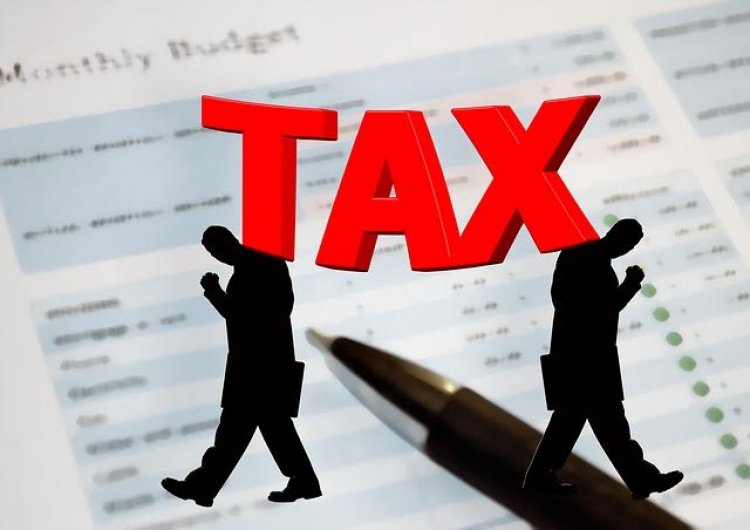6 Types of Taxes Investors Should Know About When Considering to Invest in Kenya
Kenya has a tax system that is based on the principle of self-assessment, meaning that taxpayers are responsible for accurately reporting and paying their taxes.

If you're considering investing in Kenya, it's important to be aware of the tax implications that come with your investment. Kenya has a tax system that is based on the principle of self-assessment, meaning that taxpayers are responsible for accurately reporting and paying their taxes. Here are some of the taxes that an investor should be aware of when considering investing in Kenya:
1. Corporate Income Tax (CIT)
Corporate income tax is levied on the profits of companies and businesses operating in Kenya. The current rate of CIT in Kenya is 30%. Companies are required to file their tax returns and pay their taxes on a quarterly basis.
2. Withholding Tax (WHT)
Withholding tax is a tax that is deducted at source on payments made to non-residents. The current rate of WHT in Kenya is 20%. The tax is applied to payments such as dividends, interest, royalties, and management fees. Non-residents can claim a refund of any excess withholding tax paid when they file their tax returns in Kenya.
3. Value Added Tax (VAT)
Value Added Tax is a tax on the value added at each stage of the production and distribution process. The current rate of VAT in Kenya is 16%. VAT is charged on most goods and services in Kenya, including imports. Businesses registered for VAT are required to file monthly VAT returns and pay their VAT liabilities.
4. Capital Gains Tax (CGT)
Capital Gains Tax is a tax on the profit made from the sale of an asset. The current rate of CGT in Kenya is 5%. CGT is applicable to all assets, including shares, property, and other investments. The tax is payable by the seller of the asset.
5. Stamp Duty
Stamp duty is a tax on documents such as agreements, contracts, and deeds. The current rate of stamp duty in Kenya varies depending on the type of document. For example, the stamp duty on a lease agreement is 1% of the total rent payable for the lease period.
6. Pay As You Earn (PAYE)
Pay As You Earn is a tax on employment income. Employers are required to deduct and remit PAYE on behalf of their employees. The current rates of PAYE in Kenya range from 10% to 30%.
In conclusion, investing in Kenya can be a lucrative venture, but it's important to be aware of the tax implications that come with your investment. It's advisable to seek professional advice from a tax expert to ensure that you comply with all tax laws and regulations.
If you have a real estate press release or any other information that you would like featured on African Real Estate Blog Post do reach out to us via email at [email protected]

























![4 Indigenous Tribes Living in Huts in East Africa [PHOTOS]](https://realestateblogpost.com/uploads/images/2023/06/image_380x226_6482dd8b5c94a.jpg)







